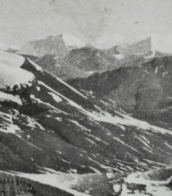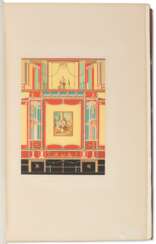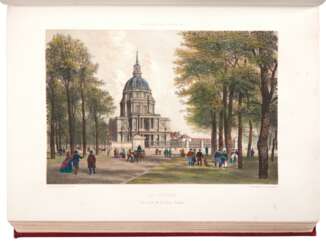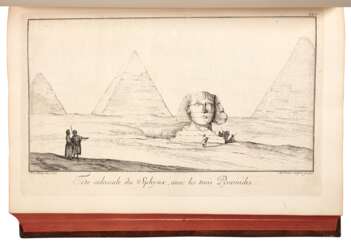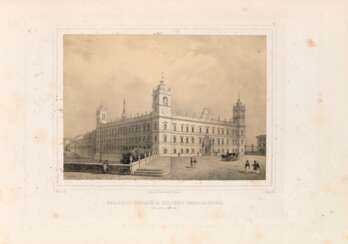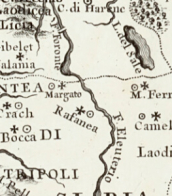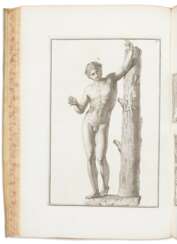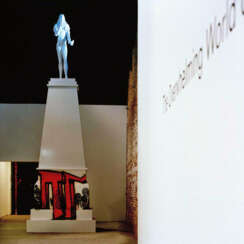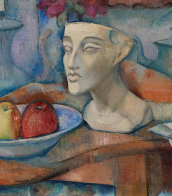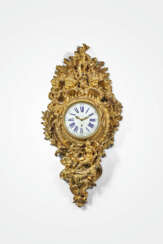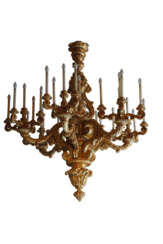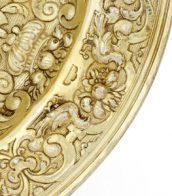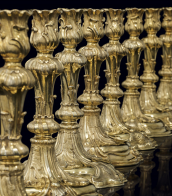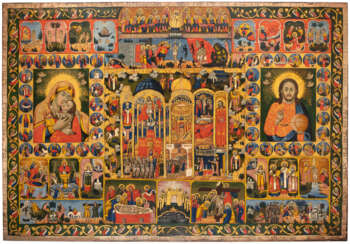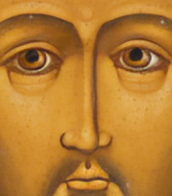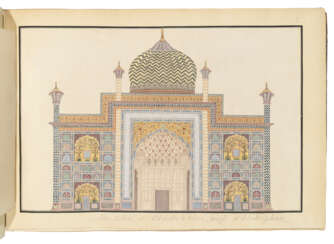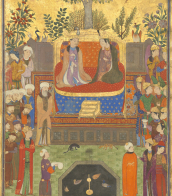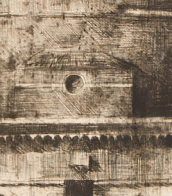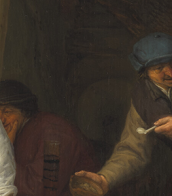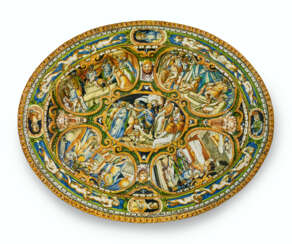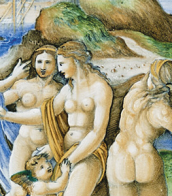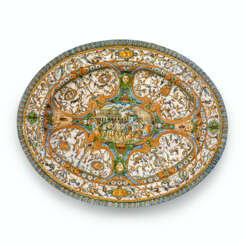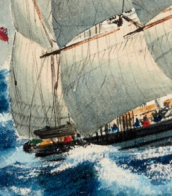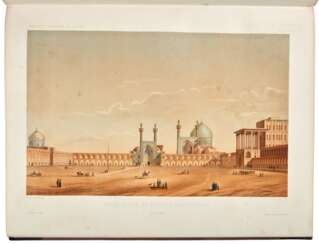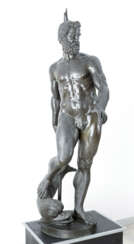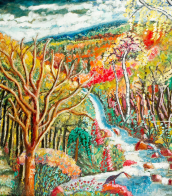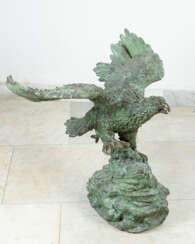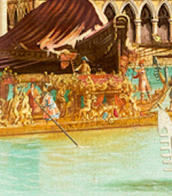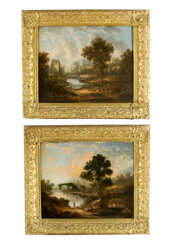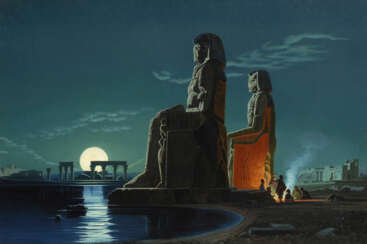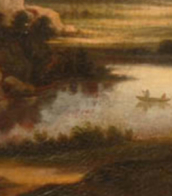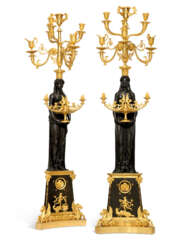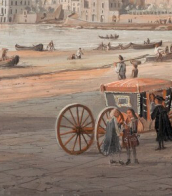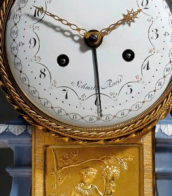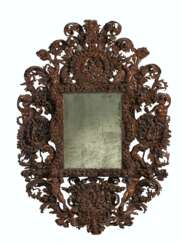monumentalism
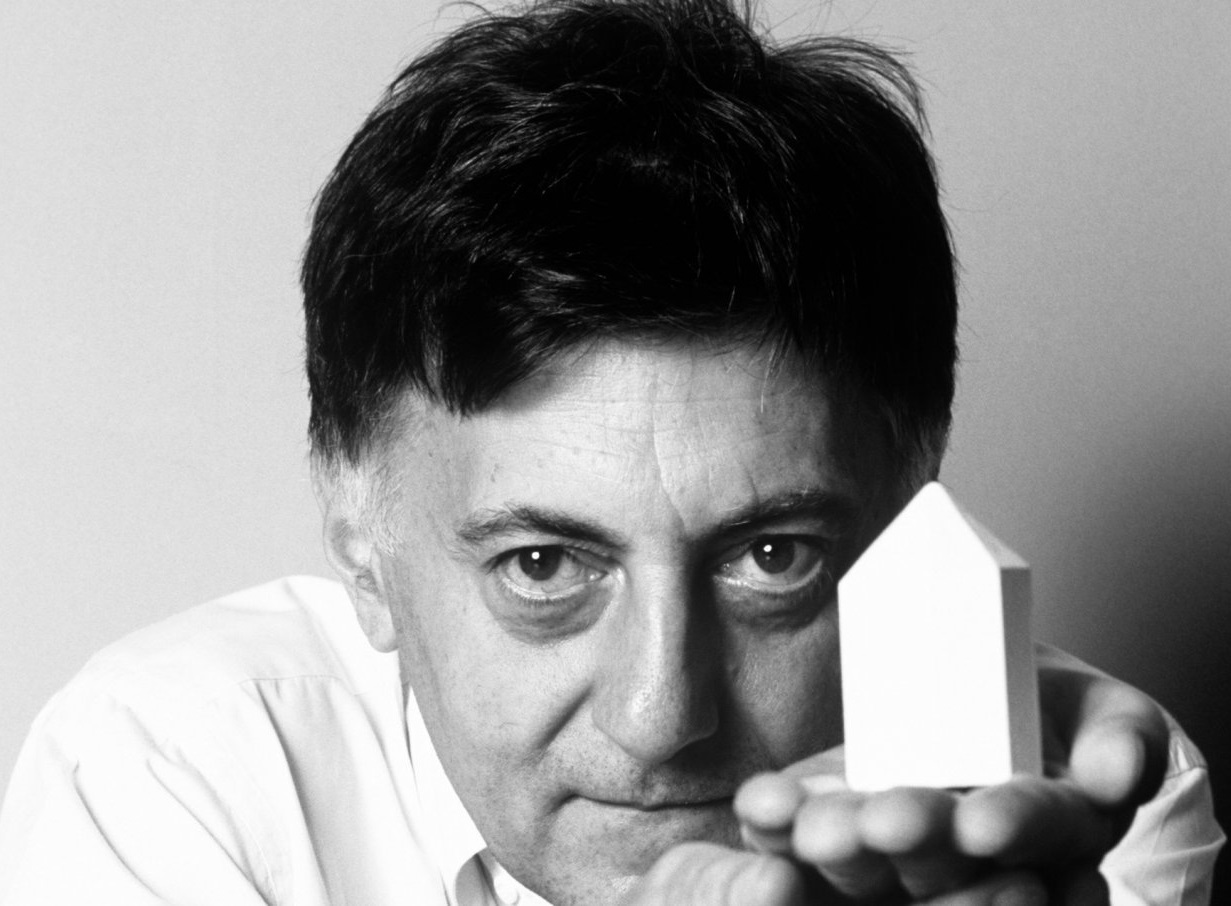
Aldo Rossi was an Italian architect renowned for his profound influence on architectural theory and design during the late 20th century. Born in Milan in 1931, Rossi developed a unique approach that combined elements of modernism, classicism, and surrealism, often reflecting the historical context of his projects with a poetic touch.
Rossi's architectural philosophy was characterized by a deep study of urban environments and the impact of historical forms on contemporary spaces. His theories were well-articulated in seminal works such as The Architecture of the City (1966), which remains influential in urban design and theory today. Rossi's emphasis on the importance of collective memory and urban artifacts in city planning was revolutionary, advocating for designs that resonate with the historical and cultural contexts of their locations.
Throughout his career, Rossi received numerous accolades, including the prestigious Pritzker Prize in 1990, making him the first Italian to receive this honor. His notable projects include the San Cataldo Cemetery in Modena, a masterpiece of modern cemetery design that is often regarded as a paradigm of Neo-Rationalist architecture, and the Bonnefanten Museum in Maastricht, which showcases his ability to blend historical reverence with modern design.
Aldo Rossi's work extended beyond architecture into product design, where he also left a significant mark with designs like the "La Cupola" espresso maker for Alessi, reflecting his architectural principles in small-scale products.
For collectors and experts in art and architecture, Rossi's works offer a deep dive into the evolution of postmodern architectural thought and its application in both grand and everyday scales. His legacy continues to inspire architects and designers around the world, underscoring his role as a pivotal figure in contemporary architecture.
For those interested in exploring Aldo Rossi's architectural philosophy or viewing his designs, consider signing up for updates on exhibitions and discussions featuring his work. This will ensure you remain informed about opportunities to engage with Rossi's enduring influence in the field of architecture.
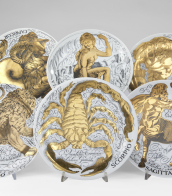

William Shakespeare was a British poet and playwright and writer.
William's father, John Shakespeare, was a merchant and official in Stratford. There are reports that he was a sailor for a time before joining a theater company in London. Beginning in the 1590s, Shakespeare began writing plays, and in 1593 he published a poem, Venus and Adonis, which became popular. He dedicated it to the Duke of Southampton, who was a philanthropist and patron of talent, and soon his business was booming.
From 1592 to 1600 Shakespeare wrote his dramas and romantic comedies "Richard III", "The Taming of the Shrew", "Romeo and Juliet", "A Midsummer Night's Dream" and "The Merchant of Venice", as well as the comedies "Much Ado About Nothing", "Twelfth Night" and the tragedy "Julius Caesar". The playwright's business was so successful that he even bought a large house in Stratford. In 1599, Shakespeare became one of the owners, playwright and actor of the new theater "Globe". In 1603 King James took Shakespeare's troupe under his direct patronage. In the mature period, the great playwright turned to tragedies, there were "Hamlet", "Othello", "King Lear", "Macbeth" and others.
Although in the 19th century researchers had some doubts about the authorship of many of these works, William Shakespeare is considered the greatest English playwright, one of the best playwrights in the world. His plays have been translated into all major languages and to this day form the basis of the world theatrical repertoire, most of them have been screened many times. According to the Guinness Book of Records, Shakespeare remains the world's best-selling playwright, and his plays and poems have sold more than 4 billion copies in the nearly 400 years since his death.

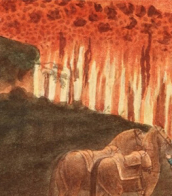
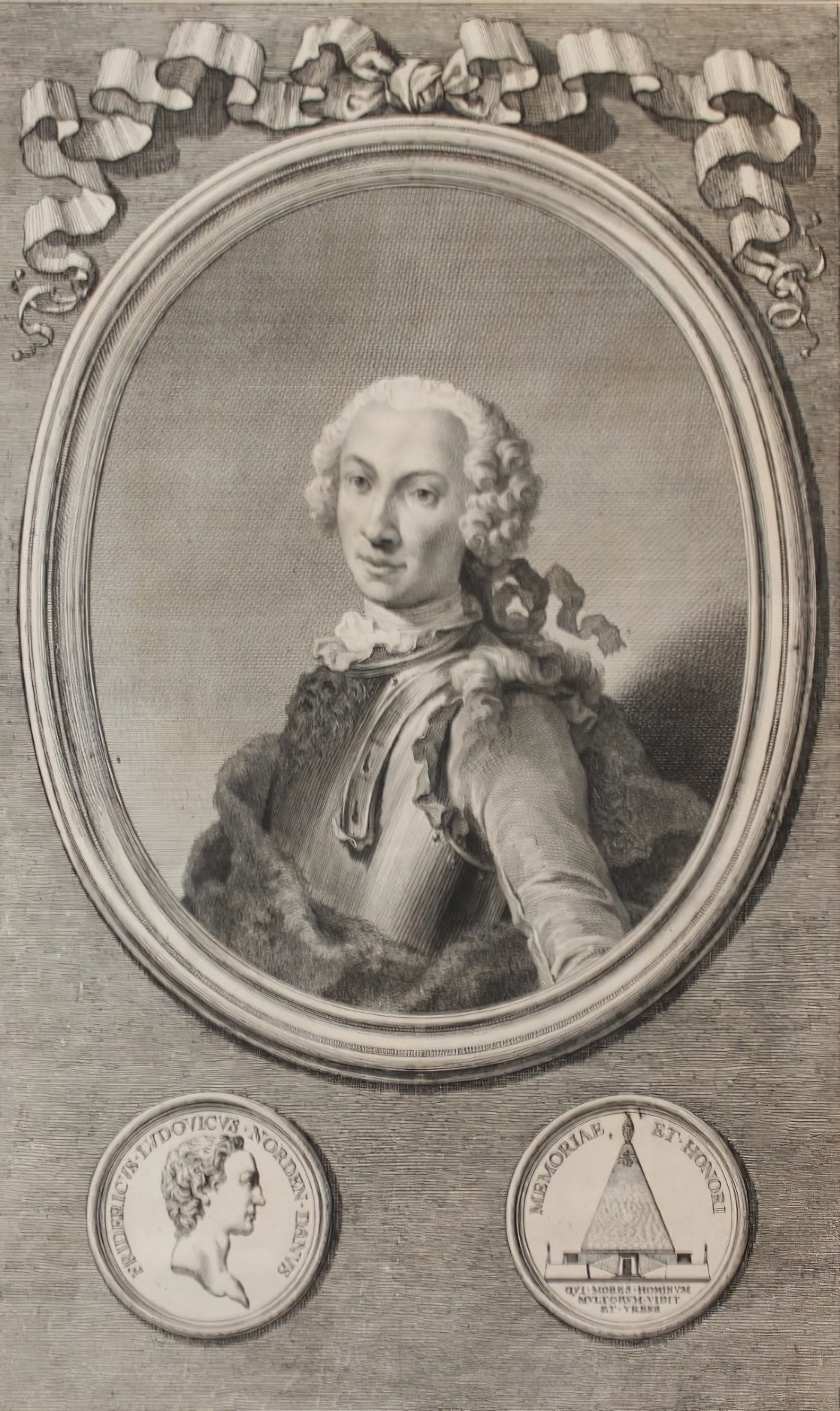

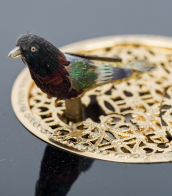

William Shakespeare was a British poet and playwright and writer.
William's father, John Shakespeare, was a merchant and official in Stratford. There are reports that he was a sailor for a time before joining a theater company in London. Beginning in the 1590s, Shakespeare began writing plays, and in 1593 he published a poem, Venus and Adonis, which became popular. He dedicated it to the Duke of Southampton, who was a philanthropist and patron of talent, and soon his business was booming.
From 1592 to 1600 Shakespeare wrote his dramas and romantic comedies "Richard III", "The Taming of the Shrew", "Romeo and Juliet", "A Midsummer Night's Dream" and "The Merchant of Venice", as well as the comedies "Much Ado About Nothing", "Twelfth Night" and the tragedy "Julius Caesar". The playwright's business was so successful that he even bought a large house in Stratford. In 1599, Shakespeare became one of the owners, playwright and actor of the new theater "Globe". In 1603 King James took Shakespeare's troupe under his direct patronage. In the mature period, the great playwright turned to tragedies, there were "Hamlet", "Othello", "King Lear", "Macbeth" and others.
Although in the 19th century researchers had some doubts about the authorship of many of these works, William Shakespeare is considered the greatest English playwright, one of the best playwrights in the world. His plays have been translated into all major languages and to this day form the basis of the world theatrical repertoire, most of them have been screened many times. According to the Guinness Book of Records, Shakespeare remains the world's best-selling playwright, and his plays and poems have sold more than 4 billion copies in the nearly 400 years since his death.

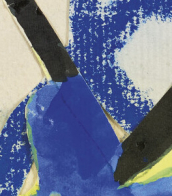
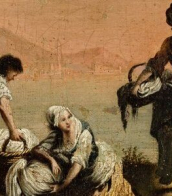
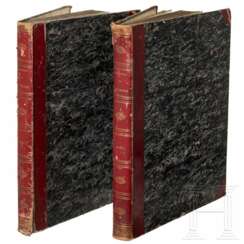

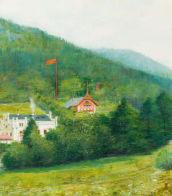


![ROSELLINI Ippolito (1800-1843) - [COLLEZIONE DI TAVOLE DA:] - Monumenti dell'egitto e della Nubia. Pisa: Niccolo Capurro, 1832-44.](/assets/image/picture_1242320/2213c/oragbxyw-syucttflhaj64jxydemdayoh8cmpzgync4kakafq2anjy7yjwfl460u1608651686jpg__fix_374_244.jpeg)
![ROSELLINI Ippolito (1800-1843) - [COLLEZIONE DI TAVOLE DA:] - Monumenti dell'egitto e della Nubia. Pisa: Niccolo Capurro, 1832-44.](https://veryimportantlot.com/assets/image/picture_1242320/2213c/oragbxyw-syucttflhaj64jxydemdayoh8cmpzgync4kakafq2anjy7yjwfl460u1608651686jpg__fix_374_244.jpeg)
